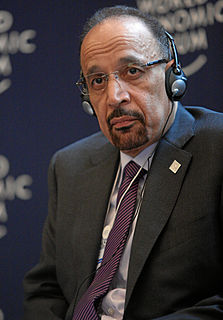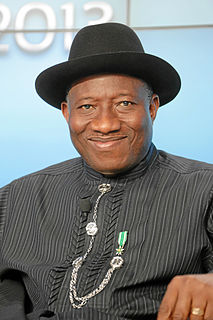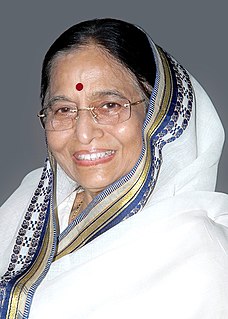A Quote by Tae Yoo
One of the most compelling arguments for encouraging the education of girls, particularly in developing countries, is this: Education enables jobs, jobs are a source of economic growth, and economic growth is a key to development and stability.
Related Quotes
Part of the magic of economic growth is how you educate people, and the leading economies have to stay in front of that. From an economic point of view, it affects competitiveness and creates jobs. Or from a social justice point of view, you can take someone in the bottom tier of income and let him compete to be a doctor or lawyer. The education system is the only reason the dream of equal opportunity has a chance of being delivered - and we're not running a good education system.
It turns out that advancing equal opportunity and economic empowerment is both morally right and good economics. Why? Because discrimination, poverty and ignorance restrict growth. We know that investments in education, infrastructure and scientific and technological research increase growth. They increase good jobs, and they create new wealth for all of us.
I believe economic growth should translate into the happiness and progress of all. Along with it, there should be development of art and culture, literature and education, science and technology. We have to see how to harness the many resources of India for achieving common good and for inclusive growth.

































